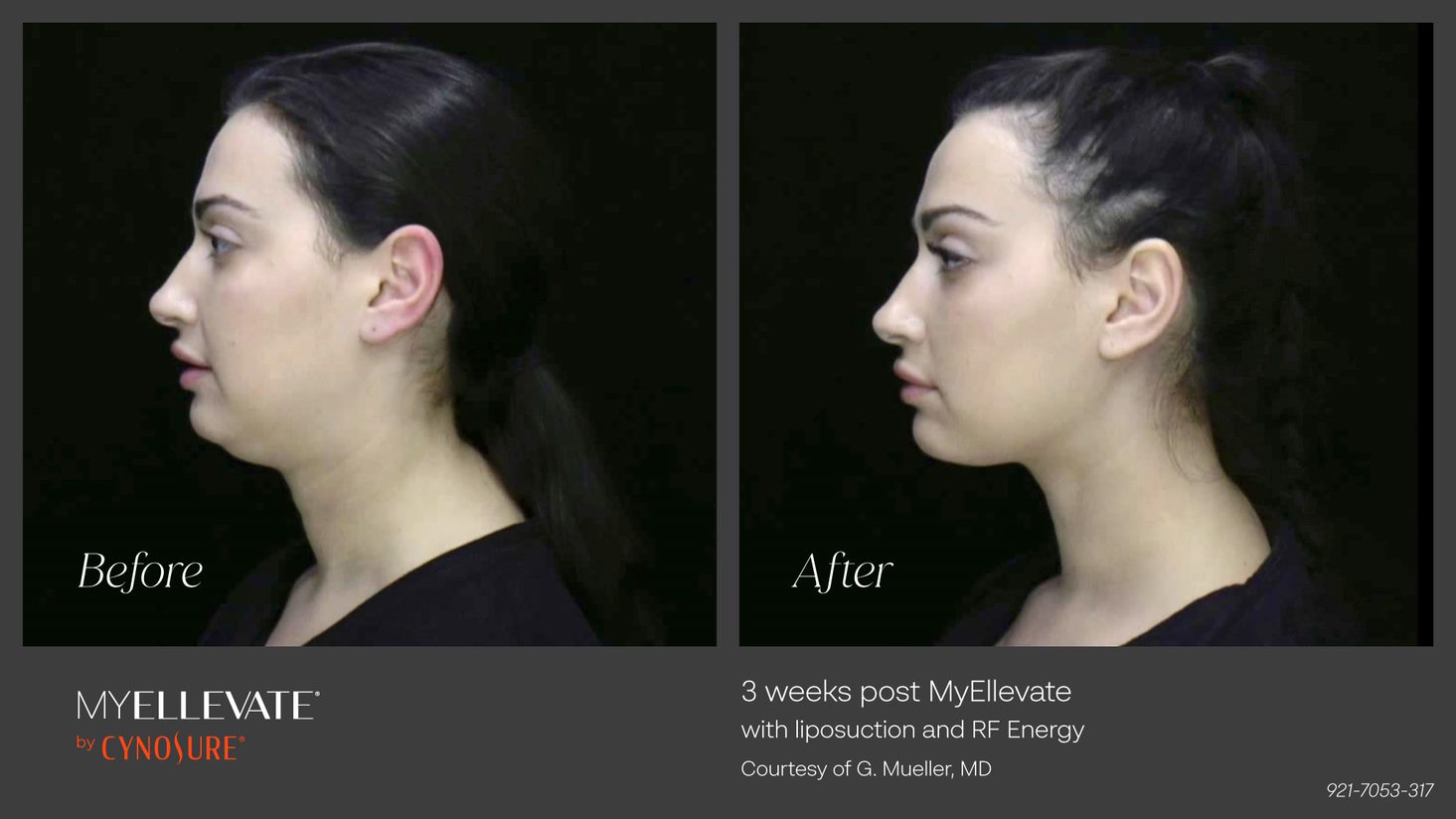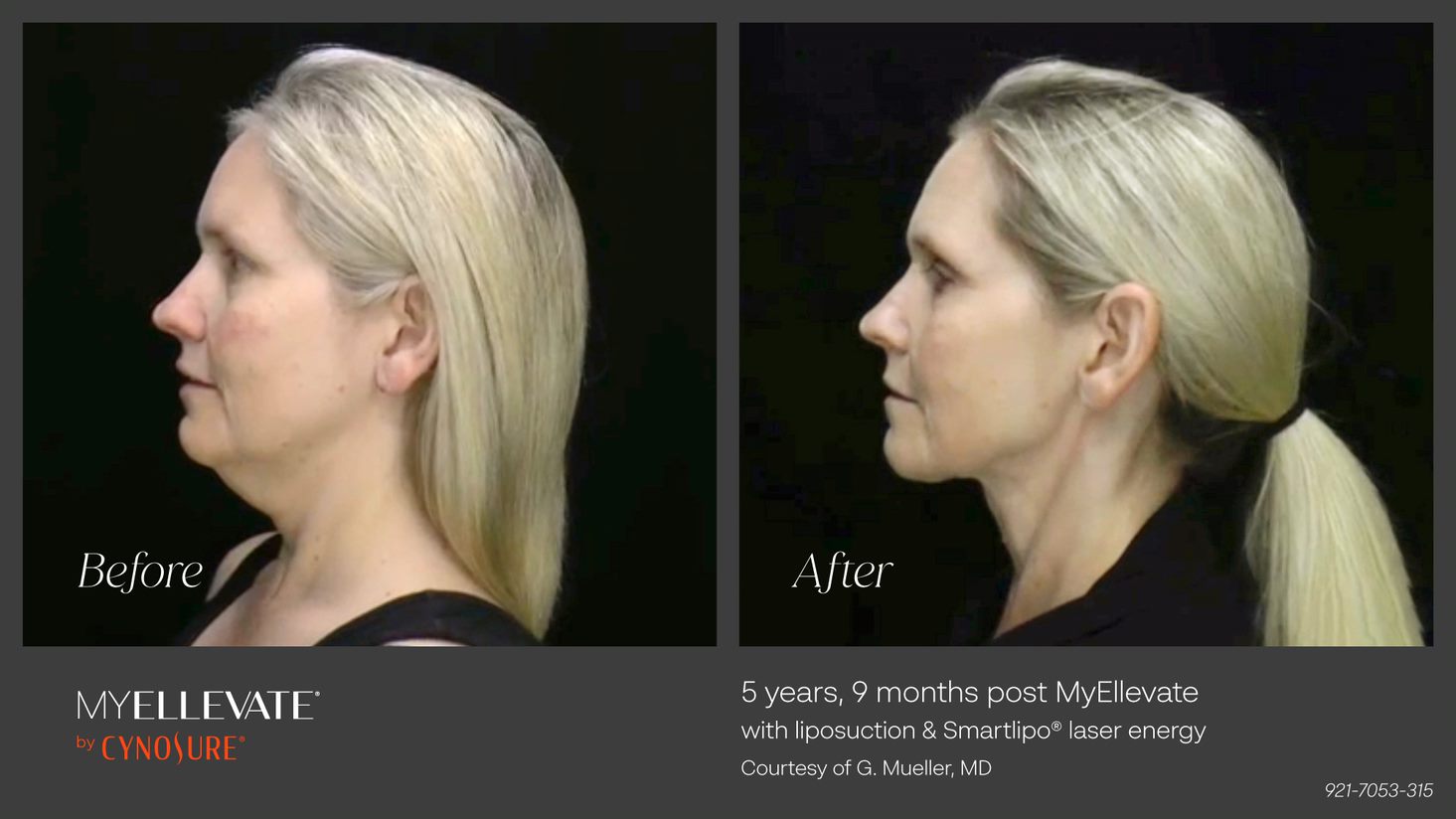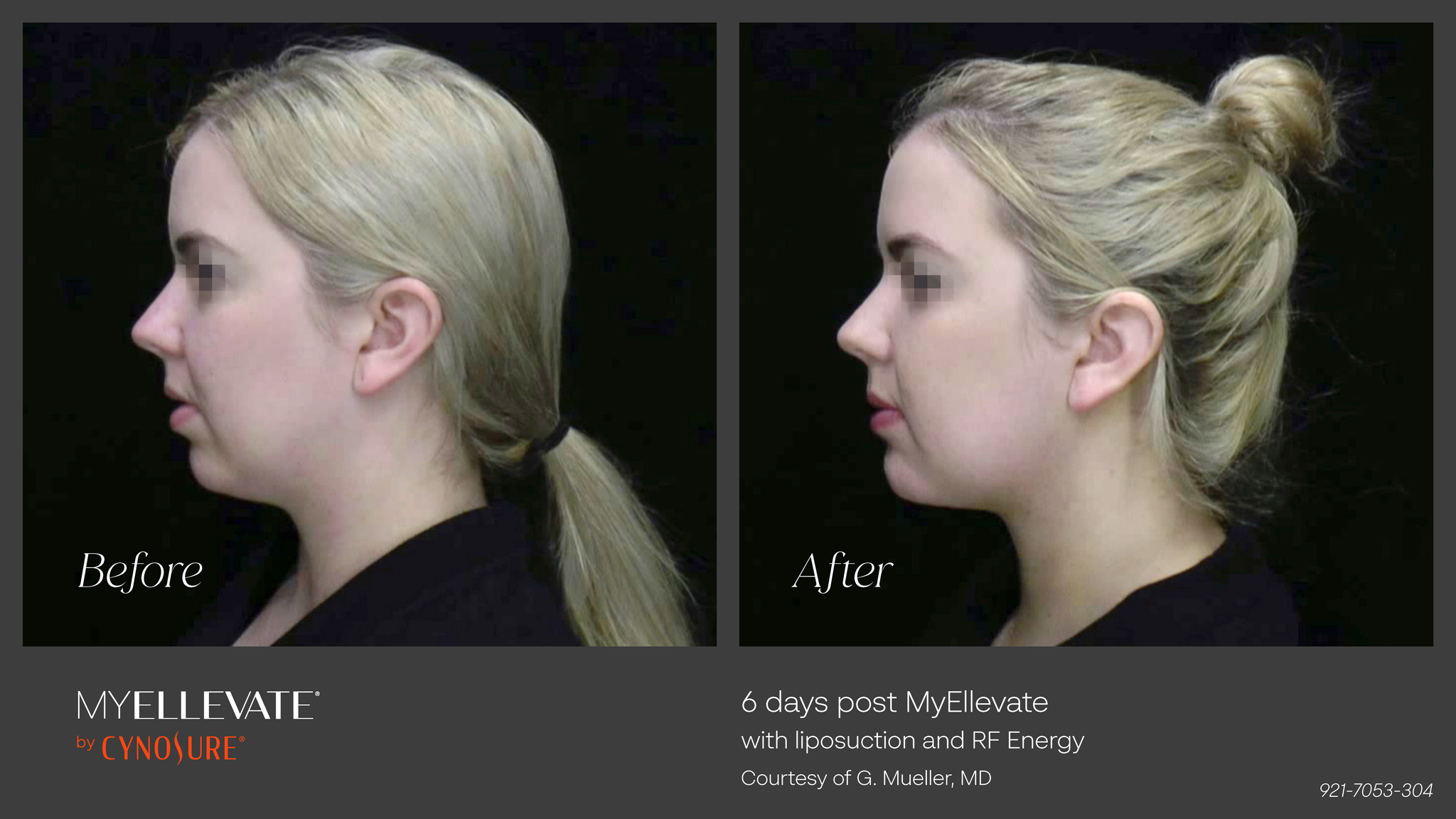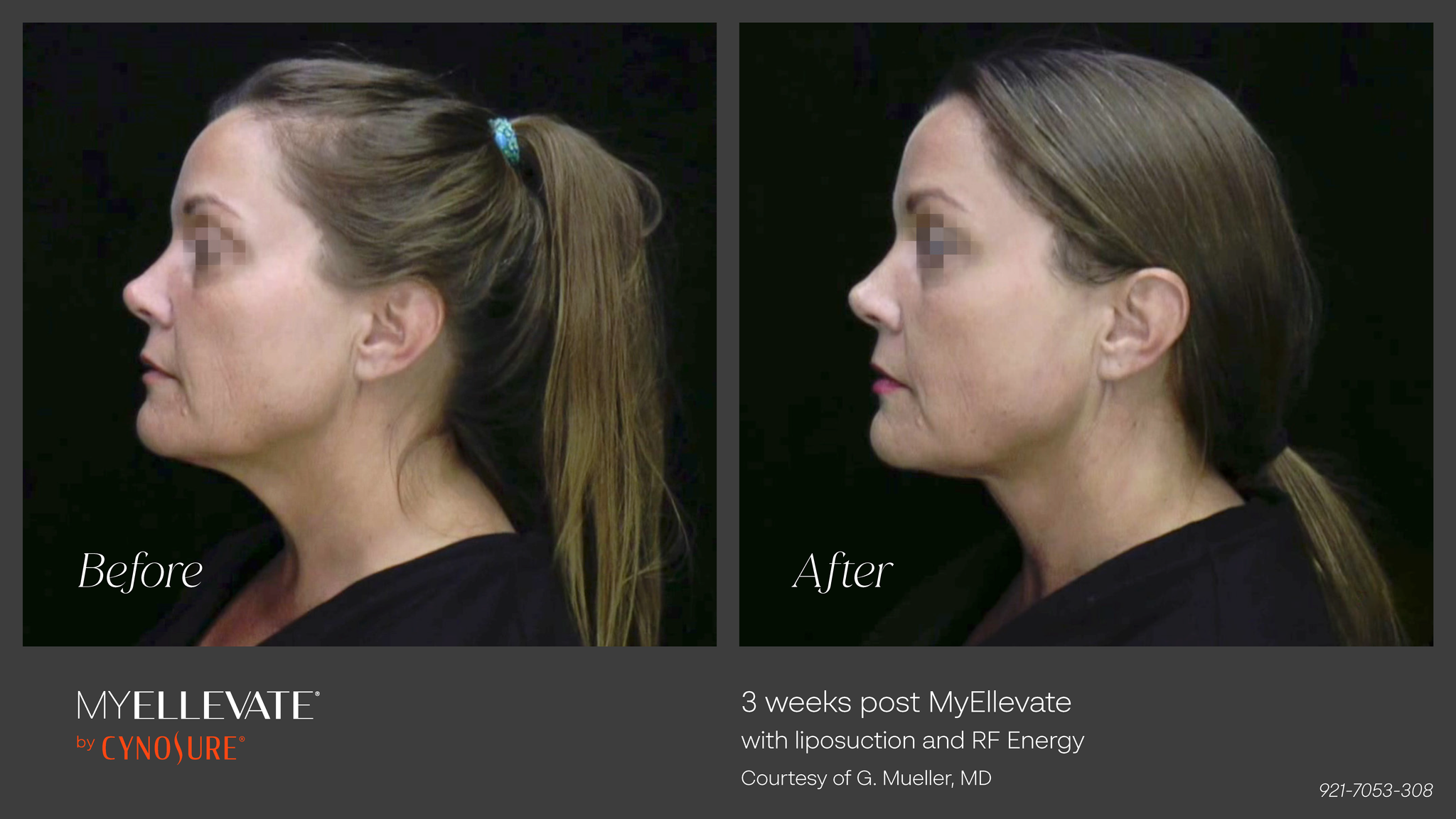When should you avoid a Tummy Tuck (Abdominoplasty)?
If you are a woman who is still planning to have children, you may want to postpone tummy tuck surgery until you are through bearing children. During surgery, your vertical muscles are tightened. Future pregnancies could separate these muscles once again.
It is important to know that tummy tuck (abdominoplasty) surgery causes scarring on the abdomen. The length of the scar depends on the amount of extra skin. With minimal extra skin, the mini abdominoplasty results in a short scar.
Your plastic surgeon will discuss the results you want, and will determine the appropriate procedure during your consultation about surgery.
How is a Tummy Tuck (Abdominoplasty) done?
Depending on the results you want, tummy tuck (abdominoplasty) surgery can take anywhere from one to five hours. If you are traveling out of town to a hospital to have the procedure done, you might consider staying overnight at a hotel.
You will be given general anesthesia, which will put you to sleep during the operation. It is important to have someone with you who can drive you home. If you live alone, and you are sent home after the procedure, you also need someone to stay with you at least the first night after the tummy tuck (abdominoplasty) surgery.
- Complete abdominoplasty: This option is for patients who need the most correction. The incision (cut) is made at the bikini line and the length of the scar depends on the amount of extra skin. Your surgeon will then manipulate and shape the skin and muscle as needed. You will also have an incision around your navel (belly button) with this procedure, because it is necessary to free your navel from surrounding tissue. Drainage tubes may or may not be placed under your skin. These will be removed in a few days as your surgeon sees fit.
- Partial or mini-abdominoplasty: Mini-abdominoplasties are done with shorter incisions and are often performed on people who have less excess skin. Your belly button most likely won't be moved during this type of procedure. Your skin will be separated between the line of the incision and your belly button. This procedure generally takes one to two hours.
- Circumferential abdominoplasty: This surgery involves the back area. When there is a lot of excess fat in the back as well as the abdomen, you may have either liposuction of the back or circumferential abdominoplasty. The latter procedure allows for the removal of both skin and fat from the hip and back areas, which improves the shape of your body from all sides. After your partial or complete tummy tuck, your incision site will be stitched and bandaged. Your surgeon may have you wear an elastic bandage or compression garment after surgery. It is very important that you follow all of your surgeon's advice on wearing this garment and caring for the bandage. Your surgeon will also tell you about the best way to sit or lie down so you will be in the least amount of pain.
Who is a good candidate for Tummy Tuck Surgery?
Optimal candidates are in good health and at a stable weight with excess abdominal skin. If you sit up straight and have hanging skin, you are a good candidate for tummy tuck (abdominoplasty) surgery.
A common concern of people during tummy tuck procedure is whether they need to lose weight before surgery. The answer varies by surgeon, but the most common answer is that you should be within 10-15 pounds of your goal weight.
You can expect to lose a few pounds during a tummy tuck, from the removal of extra skin and fat deposits.
Cigarette smokers are considered poor candidates because nicotine consumption constricts blood flow. If you smoke, you will need to stop at least six weeks in advance of your surgery and avoid smoking during the healing process.
How bad is the pain after Tummy Tuck Surgery?
If you are planning to have a tummy tuck surgery, you should be prepared for one to two months of recovery, and you may experience pain throughout this time. In general, pain is mild to moderate after tummy tuck surgery.
Whether you are undergoing a full or mini tummy tuck, it involves some levels of pain. No need to worry because it will not be long-lasting.
To fully understand what you will feel after getting a tummy tuck, here we provide you with a pain timeline:
On the day of the surgery
After the operation, when the numbing goes away, the pain will show up. You will feel tightness, tenderness, and discomfort at the surgical site as well as inside your muscles which have been pulled together.
The first week after the surgery
You should expect to feel the maximum amount of pain and soreness during this week. You can take medications in order to ease the pain. Most of the time, this pain will gradually decrease and go away by the end of the first week.
The second week after the surgery
For a mini abdominoplasty, the second week is not a difficult one as the major pain will disappear during the first week after surgery.
For a full abdominoplasty, however, you may experience little to moderate discomfort and tenderness in your abdomen during the second week too.
Where should I expect pain?
Many assume that it's the incision which hurts the most. But, the truth is that you should expect pain in various parts depending on your surgery.
If your muscles are manipulated during the procedure, tightness will be serious, and you will feel tenderness and discomfort inside your abdomen.
How can pain be managed after Tummy Tuck Surgery?
Depending on the type of your surgery, you may feel mild, moderate or severe pain. In either case, you need to follow the below instructions to manage the pain.
- First, follow what your doctor has ordered. Your doctor can suggest the best course of recovery for you.
- Wear your compression garment if your doctor has instructed you to do so.
- Ask someone to be around or stay in touch, especially during the first week, to help you with your routine activities.
- Avoid strenuous activities and lifting objects as this may cause more pain.
- Rest for one or two weeks and enjoy doing some relaxing activities like watching your favorite movies or reading your treasured books.
- While it is important to rest enough, you need to maintain a low level of activity during recovery. Do some thigh exercises in bed to avoid blood clots. But do not perform any abdominal exercises at this time.
- Have a healthy diet and consume less salt.
- Get more vitamins (like. vitamins C and D) and nutritional foods to have better and quicker healing.
- Do not smoke one month before and after the tummy tuck (abdominoplasty) surgery as it slows down the recovery and may result in poor wound healing.
Can I gain weight after Tummy Tuck Surgery?
Tummy Tuck (Abdominoplasty) is usually done to remove excess fat from your body. After the surgery the patient's body usually comes back into shape. But patients usually don't follow the prescribed diet as well as the routine recommended by the surgeon. This may lead to a gain of weight after Tummy Tuck surgery.
It is to be noted and understood that the procedure of tummy tuck (abdominoplasty) surgery permanently removes the fat cells from the abdomen, which your body cannot replace; all fat cells are not removed during tummy tuck. If you consume a lot of calories after the surgery, the remaining fat cells in your abdomen can expand, which may lead to weight gain. Therefore, it is highly recommended to follow your doctor's advice to maintain the shape and weight of your body after tummy tuck surgery.
Medical benefits of a Tummy Tuck (Abdominoplasty)
There are several medical benefits of a tummy tuck (abdominoplasty) to be gained after the procedure.
- Reduction of Stress Urinary Incontinence
After a vaginal birth, some women can develop Stress Urinary Incontinence (SUI), a bladder control problem associated with uncontrollable leakage brought on by coughing, sneezing, exercising or even laughing.
In most cases, SUI is treated without surgery. For patients who require more care, several studies have indicated that a tummy tuck can aid in recovery, especially in patients that have not had a cesarean section.
- Improved Abdominal Tone and Better Posture
After extreme weight loss or multiple pregnancies, stomach muscles can become distended, and only dieting and exercise alone cannot help to make your body slim and fit. A tummy tuck surgically tightens weak muscles, while removing excess skin and fat, to flatten the abdomen. After an abdominoplasty, patients may notice that their posture has improved significantly.





